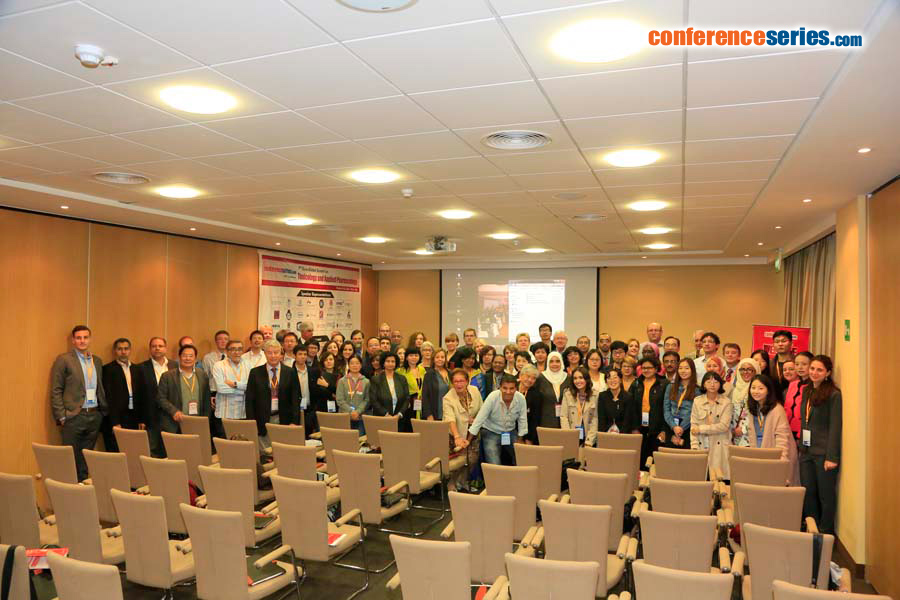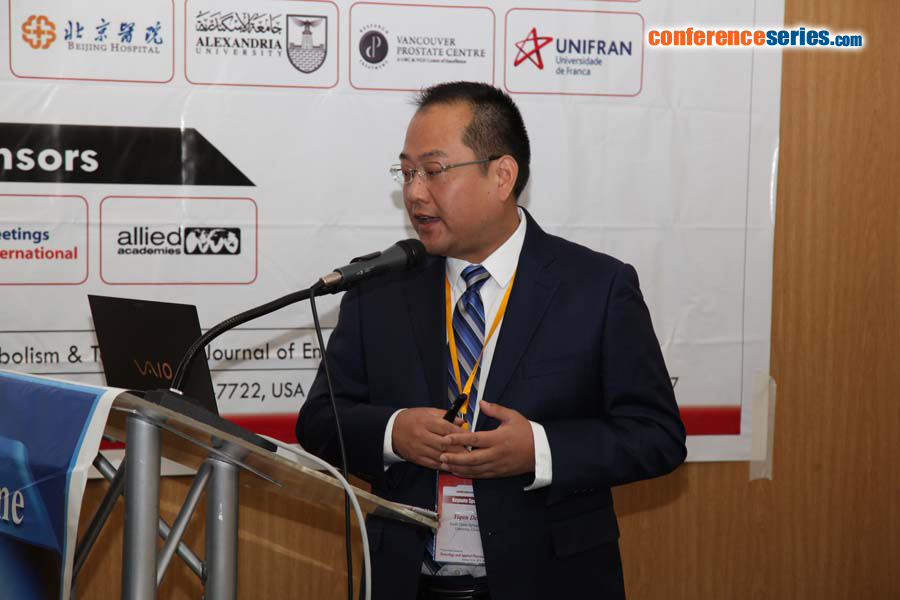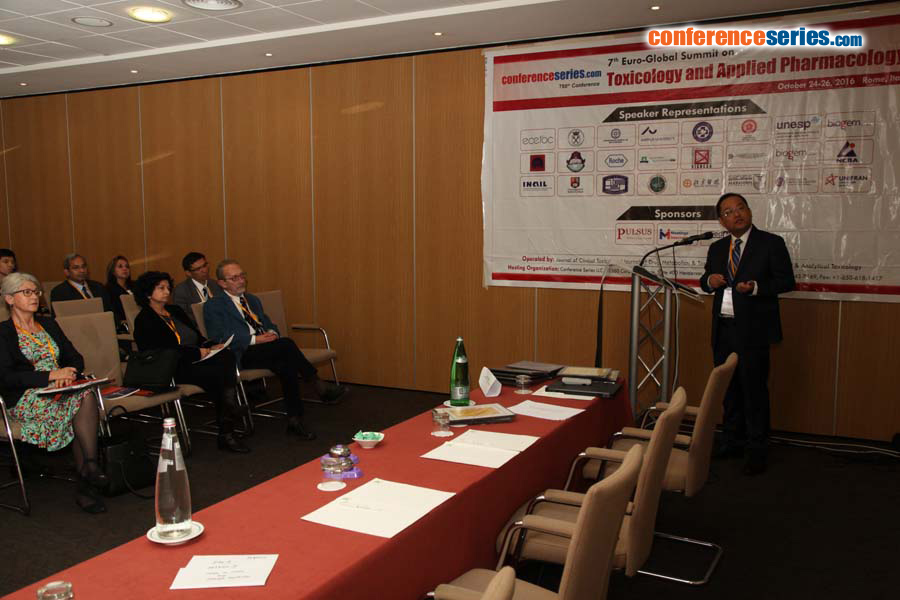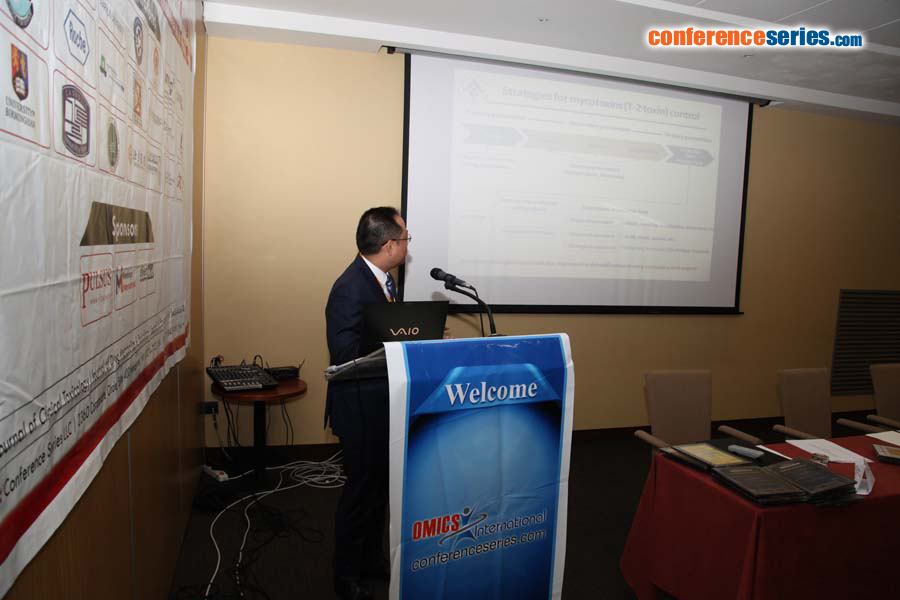
Yiqun Deng
South China Agricultural University, China
Title: Mitochondrial biogenesis protects animal cells from T-2 toxin
Biography
Biography: Yiqun Deng
Abstract
T-2 toxin is one of the most toxic mycotoxins, which has broad toxic effects, like apoptosis, cell cycle arrestment and protein synthesis inhibition. However, the protective responses of the cells to T-2 toxin remain unclear. In our study, it was shown that T-2 toxin strongly induced the ROS accumulation, DNA damage and apoptosis in chicken primary hepatocytes. To further clarify the molecular mechanisms of the toxic and anti-toxic actions, the proteomic changes of chicken primary hepatocytes upon T-2 toxin treatment were investigated, and it was shown that the most abundant proteins regulated by T-2 toxin were associated with cell redox homeostasis, which explained its property of ROS accumulation. Surprisingly, 34% of the T-2 toxin regulated proteins were located in the mitochondrion, and particularly, most of them were up-regulated, which suggest that T-2 toxin potentially impacts on mitochondrial biogenesis. We confirmed experimentally that T-2 toxin enhanced the mitochondrial biogenesis and which generally occurred in different cells including HeLa, HepG2 and HEK 293-T, besides chicken primary hepatocytes. Subsequently, it is found that one of the key regulator of mitochondrial biogenesis, SIRT1, was upregulated under T-2 toxins treatment, and the enhancement of mitochondrial biogenesis and cell viability under T-2 toxin treatment were impaired by knocking-down SIRT1, and strengthened in SIRT1-overexpression cells. Interestingly, the promoter region of SIRT1 is not responsible for the up-regulation by T-2 toxin and further investigation is under way. In summary, our study suggested that the mitochondrial biogenesis enhancement via SIRT1 plays an important role in the protective response to T-2 toxin. This might provide a new direction in T-2 toxin defense.





